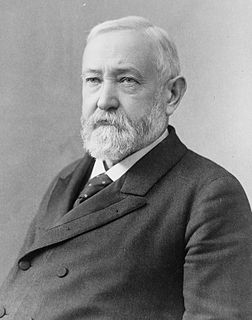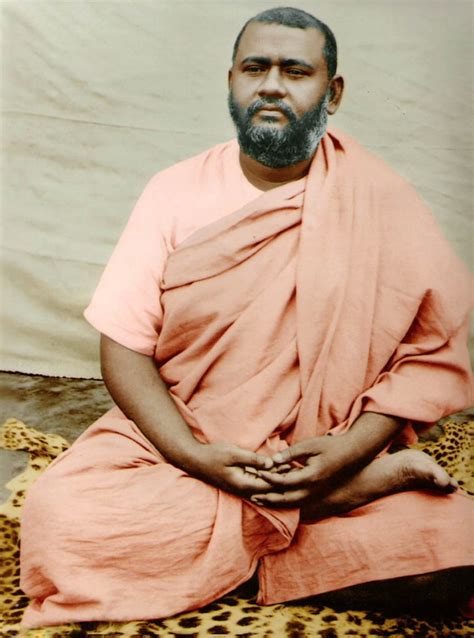A Quote by Saint Basil
If every man took only what was sufficient for his needs, leaving the rest to those in want, there would be no rich and no poor.
Related Quotes
The rich man, when contributing to a permanent plan for the education of the poor, ought to reflect that he is providing for that of his own descendants; and the poor man who concurs in a provision for those who are not poor that at no distant day it may be enjoyed by descendants from himself. It does not require a long life to witness these vicissitudes of fortune.
In Utopia, where every man has a right to everything, they all know that if care is taken to keep the public stores full, no private man can want anything; for among them there is no unequal distribution, so that no man is poor, none in necessity; and though no man has anything, yet they are all rich; for what can make a man so rich as to lead a serene and cheerful life, free from anxieties.
The indiscriminate denunciation of the rich is mischievous.... No poor man was ever made richer or happier by it. It is quite as illogical to despise a man because he is rich as because he is poor. Not what a man has, but what he is, settles his class. We can not right matters by taking from one what he has honestly acquired to bestow upon another what he has not earned.
Man offers himself to God. He stands before Him like the canvas before the painter or the marble before the sculptor. At the same time he asks for His grace, expresses his needs and those of his brothers in suffering. Such a type of prayer demands complete renovation. The modest, the ignorant, and the poor are more capable of this self-denial than the rich and the intellectual.
Wherever there is great property there is great inequality. For one very rich man there must be at least five hundred poor, and the affluence of the few supposes the indigence of the many. The affluence of the rich excites the indignation of the poor, who are often both driven by want, and prompted by envy, to invade his possessions.








































